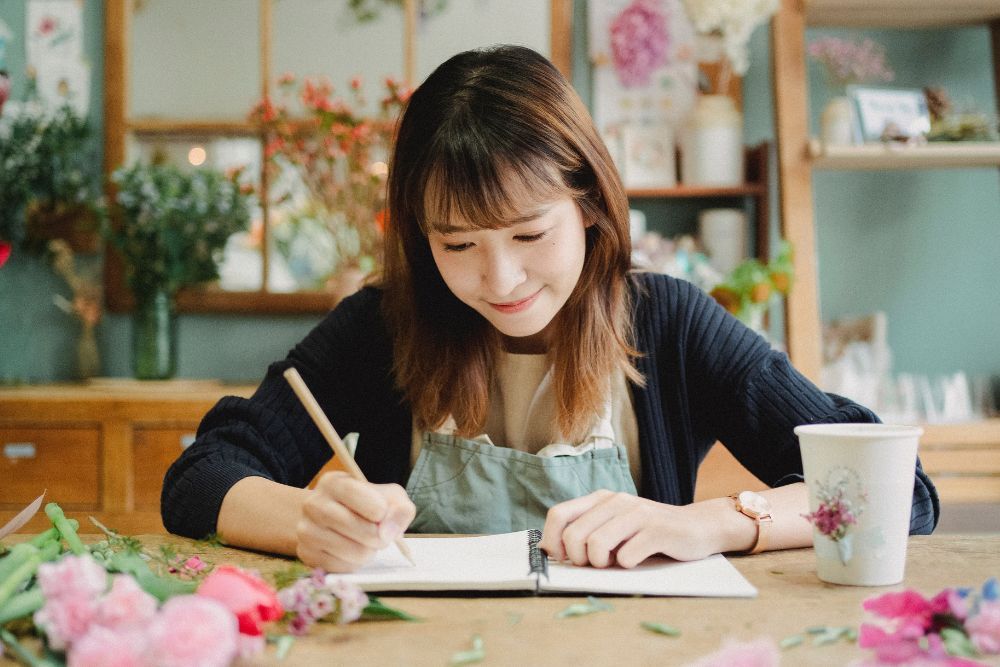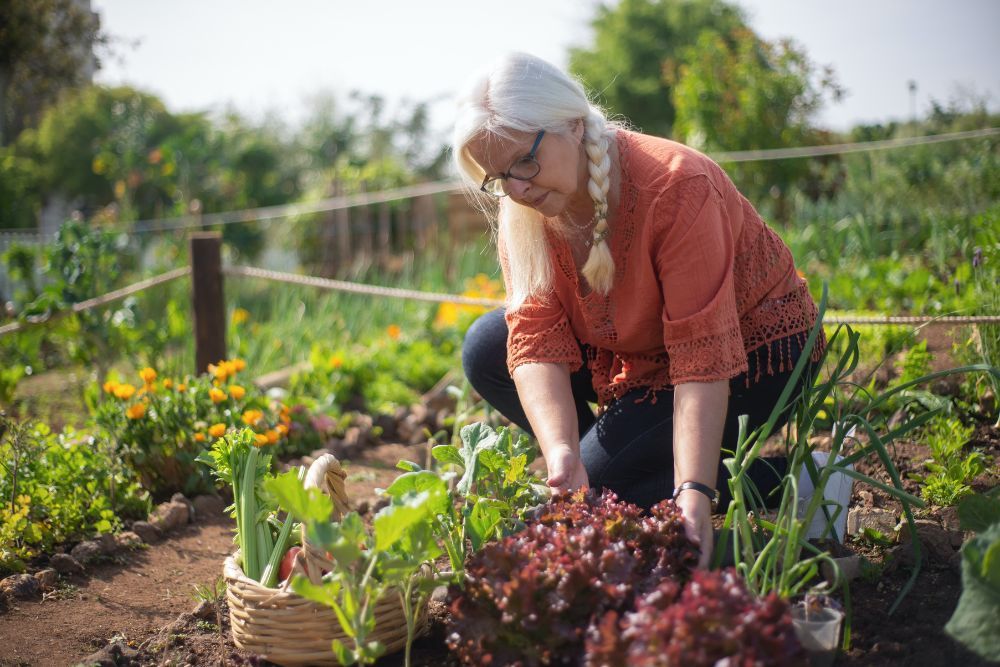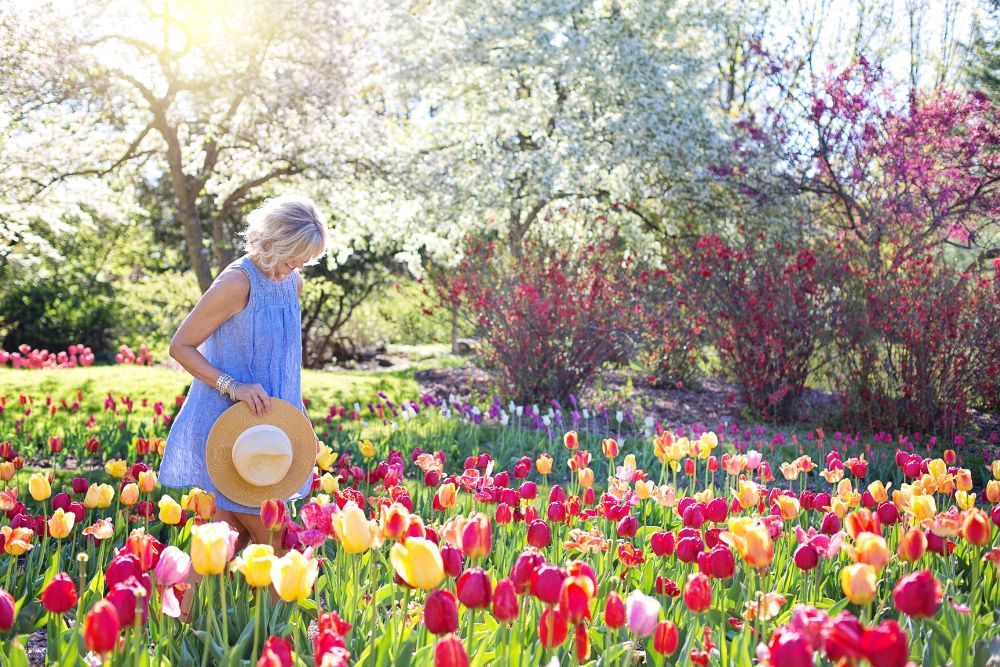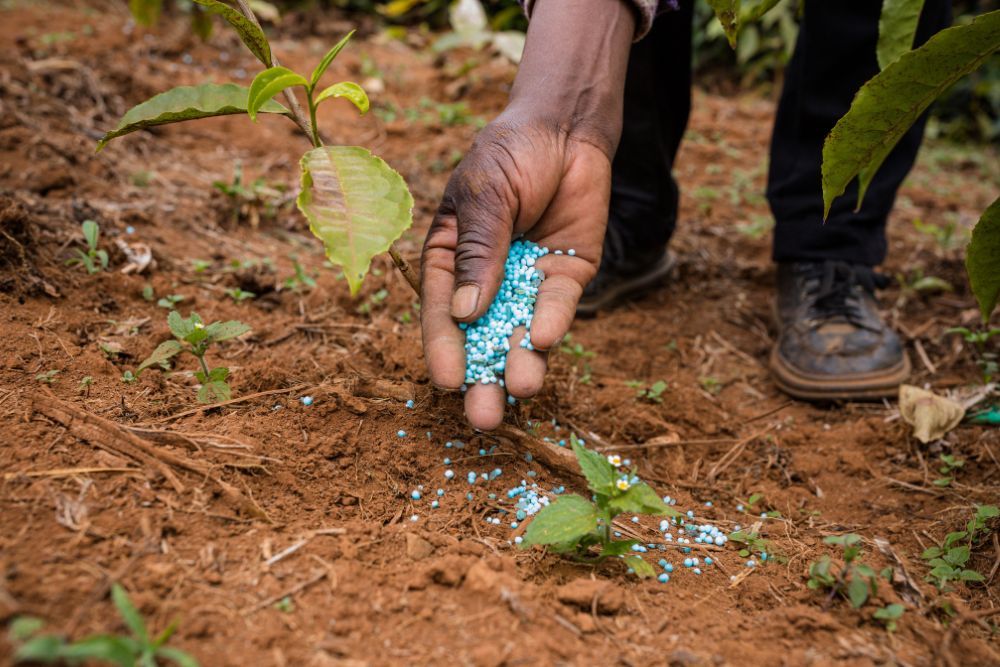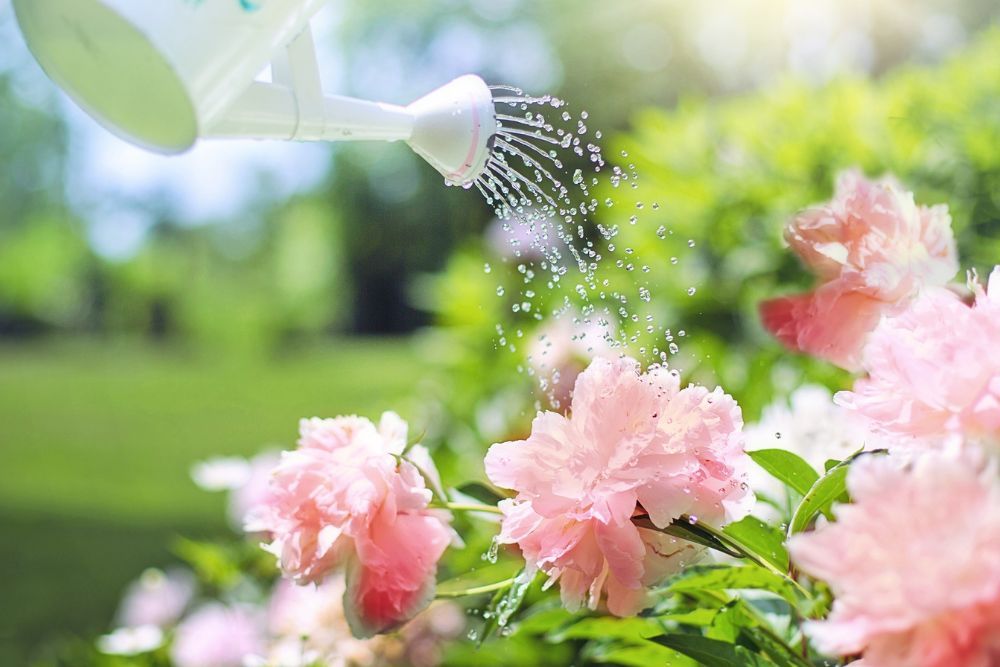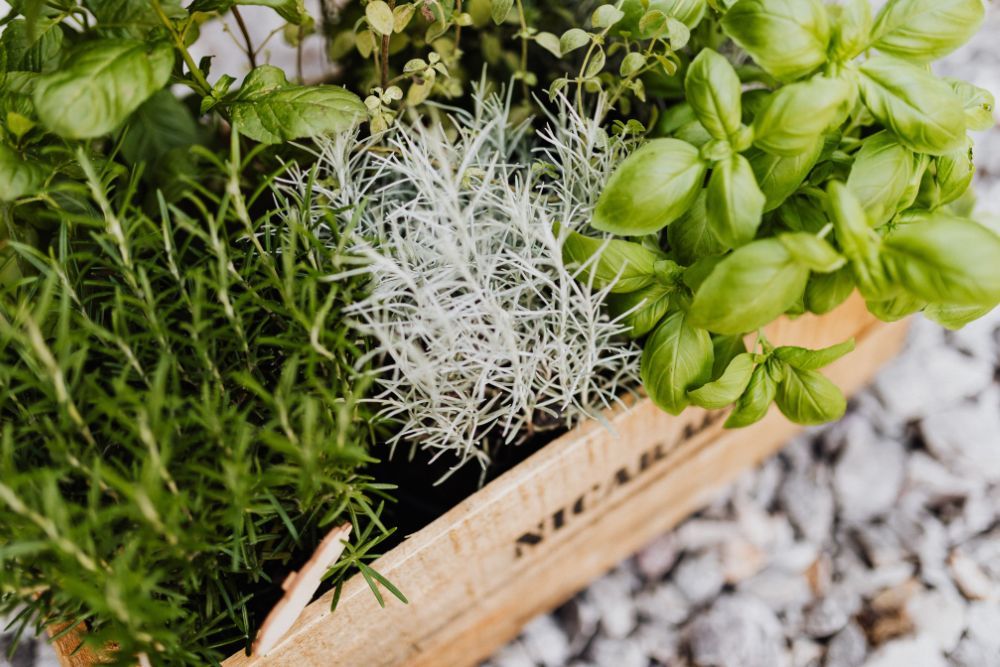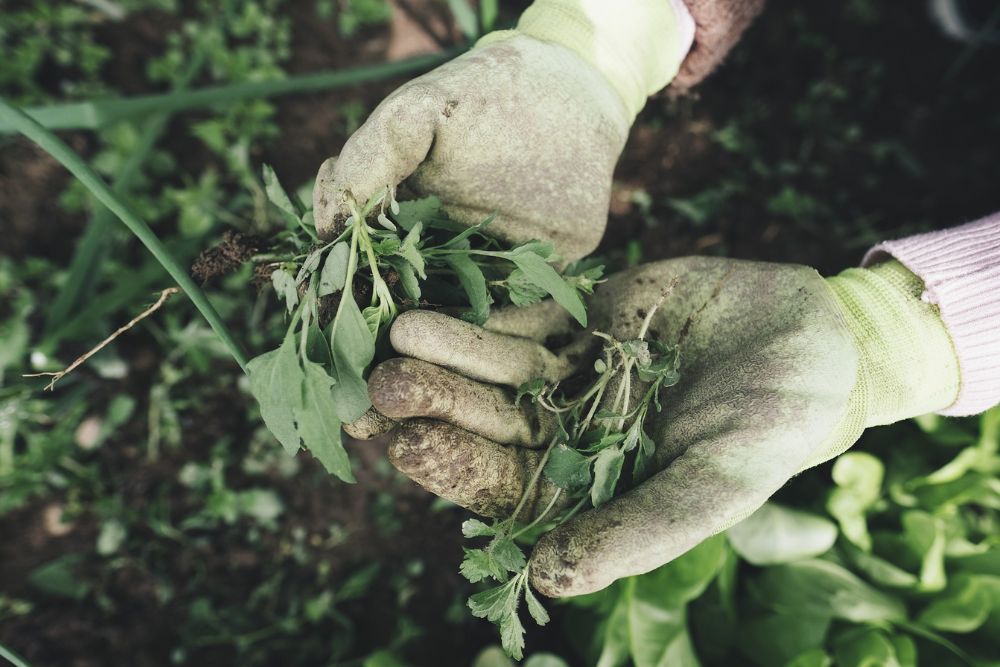Beginner gardening is an exciting adventure! There are so many options to choose from. You can grow beautiful flowers with captivating petals or hearty vegetables to fill your home pantry! No matter which option you choose, you can tailor it to suit your lifestyle. Plus, gardening can improve your health.
Gardening can lower your stress levels and increase your focus. Not to mention it can also boost your overall physical health. Gardening is a moderate-intensity activity, so you'll get some of your weekly exercise! So, what are you waiting for? Discover seven essential tips that will help you start a thriving garden and improve your well-being!
Plan First
Image credits: Amina Filkins via Pexels
The very first step for any gardener, whether you are a pro or a beginner, is to plan out your garden! Planning is essential to your success. Many gardeners like to plan in the winter, while their plants are dormant.
To create an effective plan first research your hardiness zones. There are 13 zones in the US, split up by the minimum temperature each region reaches in the winter. Each hardiness covers a range of 10 degrees Fahrenheit. Some plants only grow in specific zones, so knowing your zone will help you select plants that will thrive.
Next, plan the size of your garden, what garden tools you need, and whether you want annuals, perennials, or vegetables. Once you have this information you can move onto when to start your seeds, and how to direct sow. Planning ahead will help you to start your garden right!
Keep it Simple!
Image credits: Kampus Production via Pexels
While it might be tempting to plant every flower and vegetable that inspires you, it's best to keep things simple when you are starting out. Pick a few vegetables or flowers that are easy to grow and thrive in your hardiness zone. It's easy to become overwhelmed if you have a multitude of plants with different requirements. Instead, take time to learn the unique requirements of a few so you can cultivate them effectively. The experience you gain from your first growing season will give you a good foundation for future projects!
Plants Are Picky About Sunlight
Image credits: Jill Wellington via Pexels
One of the most important things to remember when you're a beginner is to check the light requirements of your plants -- Every plant has unique light conditions. Many types of vegetables, flowers, and fruits will need an area that gets at least six to eight hours of sunlight every day.
However, this is not the case for every plant. Some types of herbs, perennial flowers, and even garden vegetables actually grow better in shady areas. Before planting, it's essential to check the daily light requirements of your plant, then you can rest easy knowing that it will get the right amount of light.
Boost Soil Nutrients
Image credits: Antony Trivet via Pexels
To improve the nutrients in your soil you can add compost or garden fertilizer. If you add compost, mix in 2 to 3 inches at minimum one month before you plant. Using compost will help improve drainage in your garden and boost nutrients. If you're making a lasagna garden, with multiple layers of compost, you can prepare this in autumn, and then plant the next spring.
Alternatively, you can use fertilizer before you start planting. It's best to use soil testing kits to find out what nutrients your soil has or is missing before turning to fertilizer. Then, if needed, use a general 3-4-4 fertilizer in the spring after the last frost. Mix in the fertilizer about 3 to 5 inches deep. Finally, water your garden soil thoroughly.
Note: If you are planting specific vegetables or flowers, they may need a fertilizer with a different ratio of nitrogen, phosphorous, or potassium. Always research the specific requirements of your plants first.
Remember to Water
Image credits: Jill Wellington via Pixabay
Like sunlight, plants have unique water requirements. As a general rule flowers and vegetables need 1 inch of water each week (or more depending on the variety) during the summer when they are actively growing. A quick and easy way to test if your plants need water is to put a finger in the soil. If the soil is dry 2 inches down, then it is time to get out your watering can or garden hose!
In some cases, plants won't be able to tolerate tap water due to the chemicals it contains. Again, this is why it's best to always research your specific plant for their care requirements. A great way to avoid this issue and cut down water usage is to collect your own rainwater.
Pick Companion Plants
Image credits: Karolina Grabowska via Pexels
Companion planting is an effective way to diversify your garden and give it extra benefits! Essentially, companion planting involves planting two different kinds of plants close together that will positively impact or protect one another.
One of the most popular combinations is planting basil next to tomatoes. Planting basil next to your tomatoes can prevent moths from laying tomato hornworm larvae. Not only do you get a delicious combination of herbs and vegetables, but the plants actually keep each other healthy by repelling pests. As the companion plants grow, they'll also reduce space for weeds to grow.
Pro Tip: Corn and beans also grow well together. The beans will climb up the corn for support, so you won't need to add as many garden stakes. Another great combo is thyme and broccoli, the thyme helps prevent cabbageworm from damaging broccoli growth.
Don't Forget to Weed
Image credits: PhotoAC via Pixabay
Weeding your garden is something you don't want to skip. When you see weeds pop up you will need to jump in the garden quickly! These pesky guests can grow fast producing seeds that spread throughout your garden. When weeds grow, they soak up water, compete with your plants for sunlight, and take away nutrients from your garden. Weeding helps ensure your plants are getting everything they need to thrive.
Enjoy a Vibrant Beginner Garden
Starting a garden doesn't have to be overwhelming! For best success, keep your first garden simple. Start by planning it out then research sunlight, water, and fertilizer requirements. Then to help it continue thriving, expand your garden with a few companion plants and remember to keep up with weeding. Before you know it you'll be well on your way to mastering gardening!
What tips would you recommend to a new gardener? Share your gardening experiences below to help a fellow gardener cultivate a thriving new garden!


